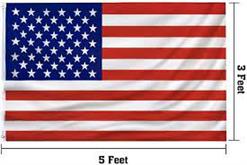How It Works
- 1. Tell us details of your holiday plan.
- 2. Get multiple quotes from expert agents, compare & customize further.
- 3. Select & book best deal.

Lowest Price
Guarantee

Fast Secured Bookings

24 * 7 Support

Enjoy Exciting Deals
Call us for details
8076944021
